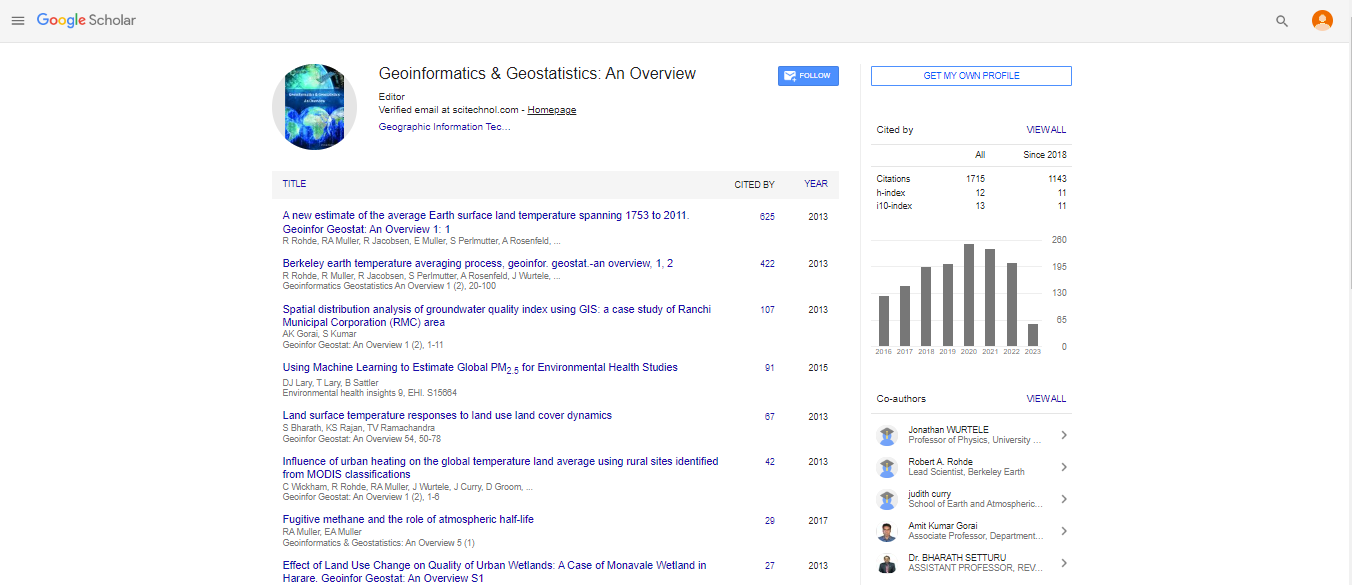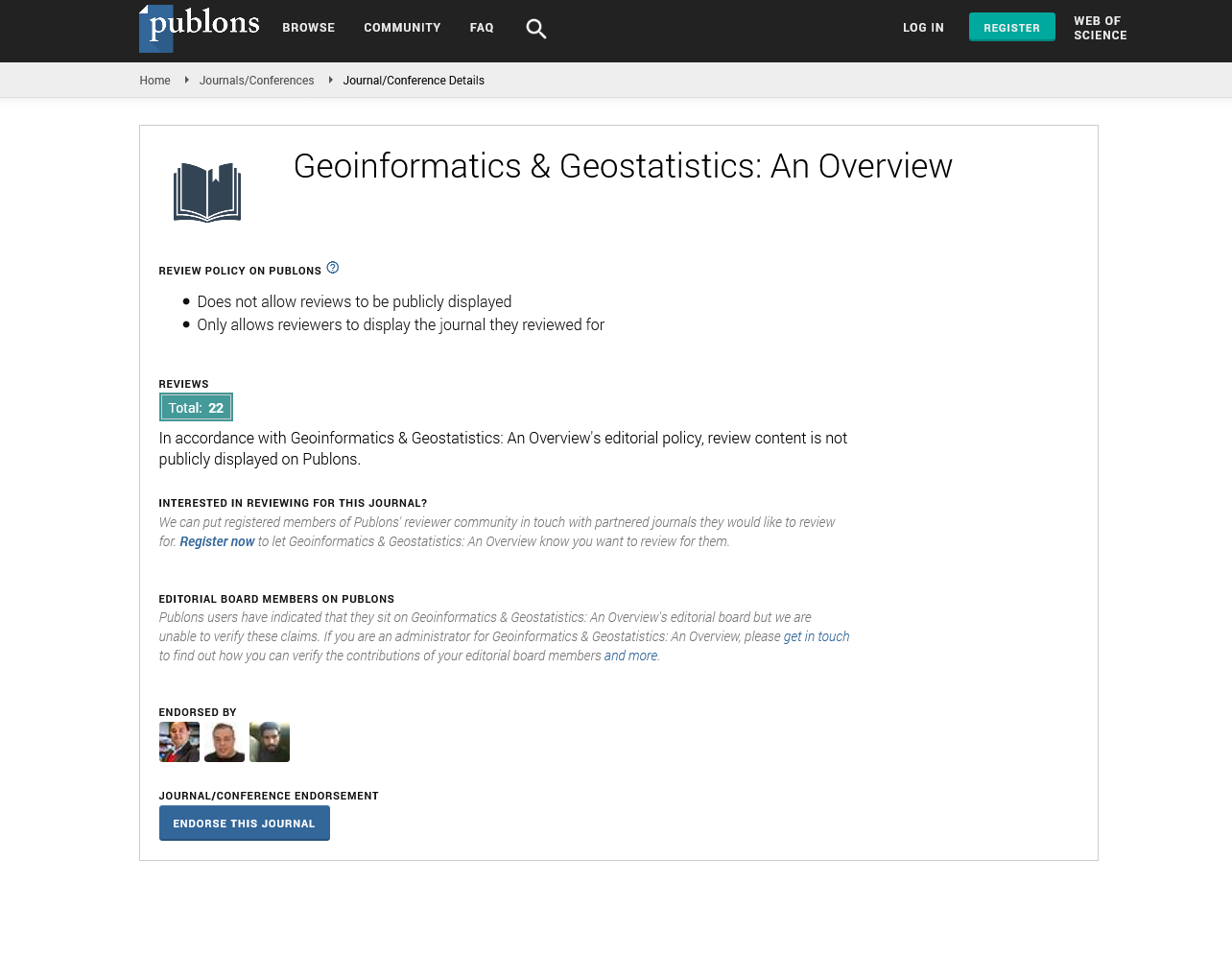Flood resilience: Measurement, validation and policy implications
Bo Huang
The Chinese University of Hong Kong, Hong Kong
:
Abstract
Building “disaster-resilient” rather than “disaster-resistant” cities/communities requires the development of response capabilities to natural disasters and subsequent recovery. To effectively develop resilience to natural disasters, it is recognized that quantitative measurement is necessary. However, conventional indicator studies are not able to represent the multi-dimensional nature of disaster resilience, as they are unable to validate the indicator selections. In our study, a new method is devised to measure resilience using a set of indicators from the social, economic, infrastructural, and environmental domains, and which uses recovery capability to validate the indicators. Instead of using conventional data sources (e.g., census data, remote sensing data, etc.) to measure the recovery capability, a time series analysis of waste water discharge and waste gas emission data of local power plants, sewages and main factories is used to detect the changes caused by disasters, estimate the time needed for recovery, and assess recovery capability based on the calculated results. A recent record-breaking flood hazard in Changzhou in the Jiangsu province of China was selected for the case study. The proposed method for measuring recovery capability was found to complement traditional assessment methods, particularly for flood hazards. Based on the measurement outcome, ordinal logistic regression was used and infrastructural and social variables were identified as the most influential indicators for quantifying disaster resilience at the sub-district (or town) level. These findings provide insights into the multi-faceted nature of disaster resilience that will be valuable for policy-makers, and will enable them to take appropriate measures based on the identified determinants.
Biography
Bo Huang is a Professor in the Department of Geography and Resource Management, The Chinese University of Hong Kong, where he is also the Associate Director of Institute of Space and Earth Information Science (ISEIS). Prior to this, he held faculty positions at University of Calgary (Geomatics Engineering), Canada and National University of Singapore (Civil Engineering). He has a background and experience in diverse disciplines, including urban planning, computer science, Geographic Information Systems (GIS) and remote sensing. His research interests are broad, covering most aspects of GIScience, specifically the design and development of models in spatial/spatio-temporal statistics, remote sensing image fusion and multi-objective spatial optimization, and their applications in environmental monitoring and sustainable land use and transportation planning with consideration of resilience. He serves as the Asia-Pacific Editor of International Journal of Geographical Information Science (Taylor & Francis) and the Editor-in-Chief of Comprehensive GIS (Elsevier), a three-volume major GIS sourcebook. Currently, he is exploring along the line of geospatial big data to address sustainable spatial planning problems. He was awarded Chang Jiang Scholar Chair Professorship in 2016 by the Ministry of Education of PR China.
Email: bohuang@cuhk.edu.hk
 Spanish
Spanish  Chinese
Chinese  Russian
Russian  German
German  French
French  Japanese
Japanese  Portuguese
Portuguese  Hindi
Hindi 
